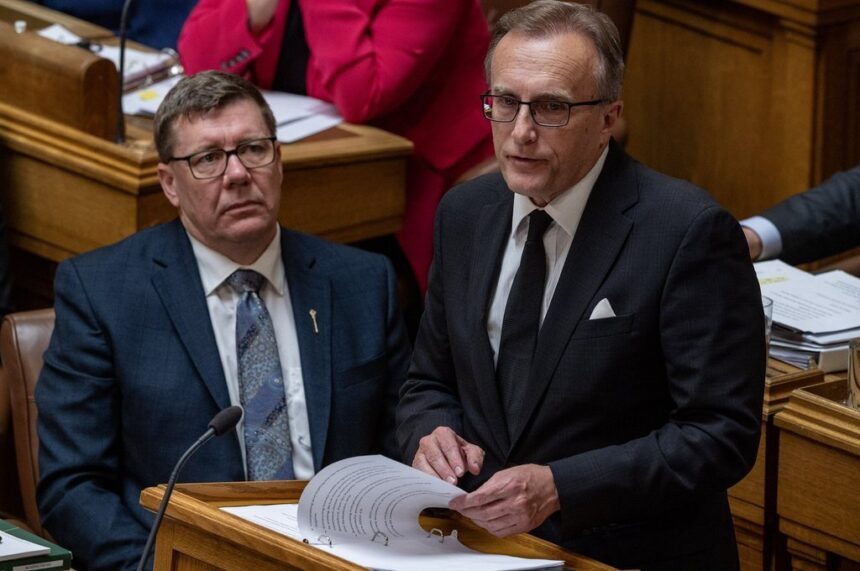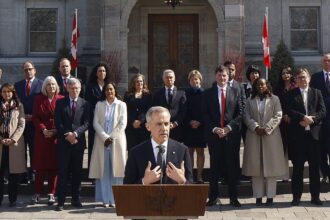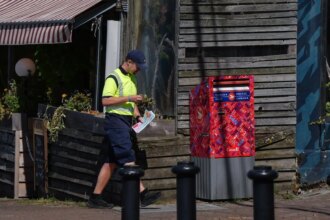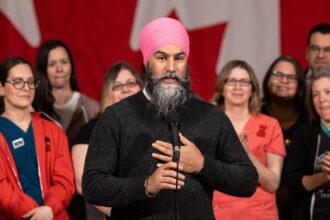In a dramatic fiscal reversal that has sent ripples through Saskatchewan’s political landscape, the province’s 2025 budget has plummeted from a projected $1.2 million surplus to a staggering $349 million deficit. The announcement, delivered yesterday by Finance Minister Donna Harpauer, marks a significant departure from the optimistic economic outlook presented earlier this year.
“Economic headwinds have proven stronger than anticipated,” Harpauer acknowledged during a somber press conference at the Legislative Building in Regina. “While our fundamentals remain solid, global market volatility and unexpected revenue shortfalls have created significant fiscal challenges.”
The deficit represents approximately 2.1% of the province’s total budget, with government officials attributing the dramatic swing to several key factors. Resource revenue projections have fallen short by $178 million, primarily due to weakened potash and oil prices in international markets. Additionally, provincial tax revenues underperformed by $92 million against earlier forecasts.
Agriculture, long considered Saskatchewan’s economic backbone, has also contributed to the fiscal downturn. Severe drought conditions throughout the growing season have reduced crop yields by an estimated 18% compared to five-year averages, resulting in decreased export revenues and higher support payments to affected farmers.
“We’re facing a perfect storm of economic challenges,” explained Dr. Jason Childs, economics professor at the University of Regina. “The combination of commodity price fluctuations, agricultural stresses, and inflationary pressures has created significant fiscal pressure that couldn’t have been easily predicted six months ago.”
The revised budget includes $157 million in spending reductions across most government departments, with the notable exceptions of healthcare and education, which remain protected from cuts. Infrastructure spending will see the most significant reduction, with several planned projects now delayed until the 2026-2027 fiscal year.
Opposition leader Carla Beck criticized the government’s fiscal management, calling the deficit “the result of years of mismanagement and overreliance on resource revenues.” Speaking to reporters, Beck argued that “this government has consistently failed to diversify our economy, leaving us vulnerable to precisely the type of commodity price fluctuations we’re experiencing now.”
Saskatchewan’s business community has expressed mixed reactions. The Saskatchewan Chamber of Commerce issued a statement supporting the government’s decision to protect core services while acknowledging the necessity of spending restraint. However, some industry groups have voiced concerns about delayed infrastructure projects potentially hampering economic growth.
The provincial government maintains that this deficit represents a temporary setback rather than a structural problem. “Our economic fundamentals remain strong,” Harpauer insisted. “Saskatchewan continues to lead in key economic indicators, and we have a clear path back to balance by 2027.”
The finance minister announced that a comprehensive fiscal update will be released in November, potentially outlining additional measures to address the growing deficit. Government officials have not ruled out further spending reductions if economic conditions continue to deteriorate.
As Saskatchewan navigates these challenging fiscal waters, the question remains: can the province regain its economic footing without sacrificing the services and investments needed for long-term prosperity, or does this deficit signal deeper structural problems in the provincial economy that require more fundamental solutions?










